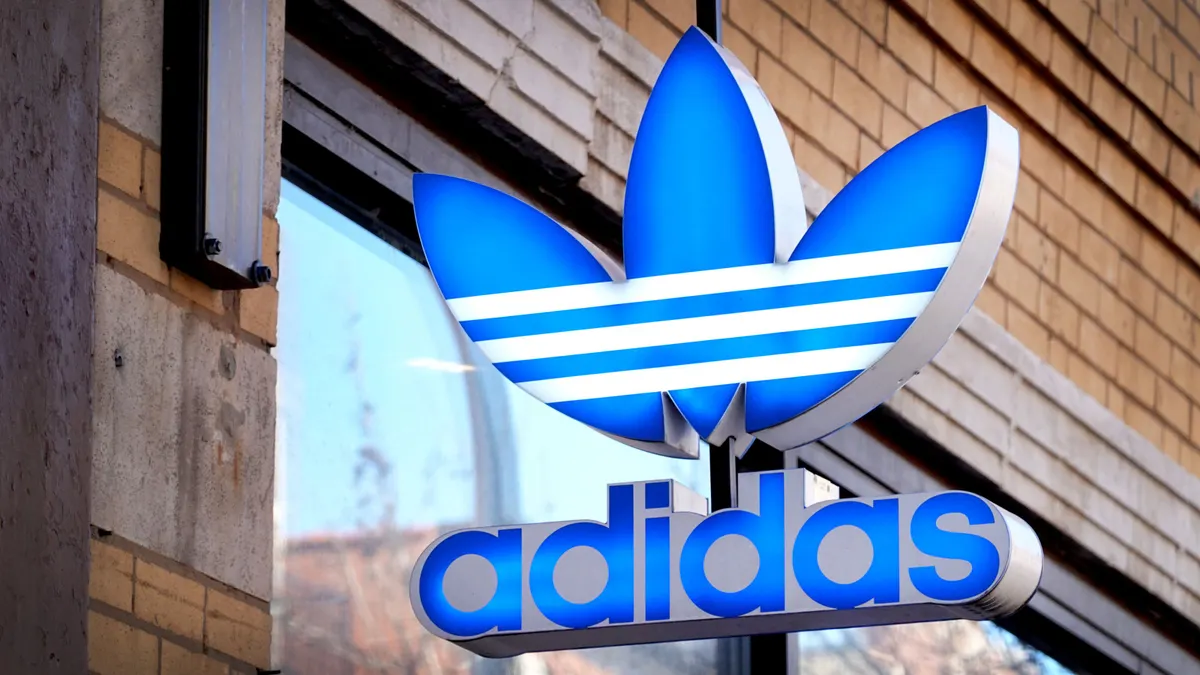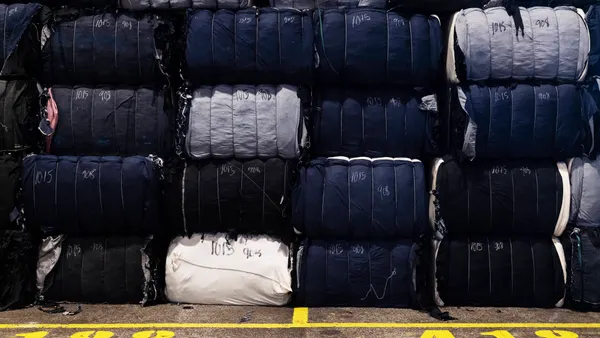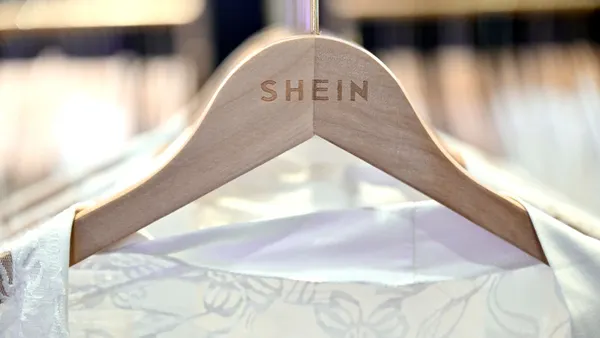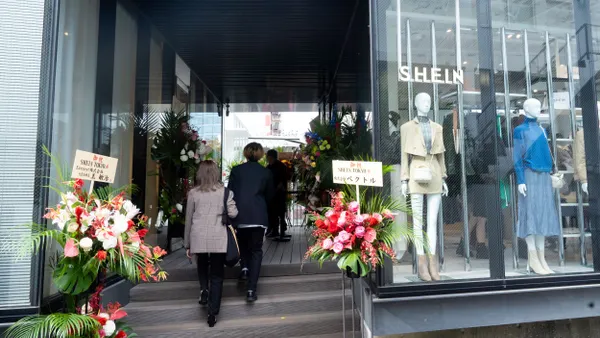Dive Brief:
- Resale can result in a 15%-16% reduction in annual carbon emissions by 2040 for premium and outdoor apparel, according to a report released Tuesday.
- Resale implementation for these apparel groups could similarly decrease the need for new production by 26%-35% each year, per the report from Trove, a branded resale platform, and Worldly, an intelligence platform for the apparel industry.
- Several outdoor and workwear companies have begun implementing in-house trade-in programs to sustain the lifecycle of their products, including Carhartt and Timberland.
Dive Insight:
Resale is on pace to reach $350 billion globally and $70 billion in the United States by 2027, according to a report by resale platform ThredUp and GlobalData, and more fashion companies are weighing how they can buy in.
Trove’s study is meant to show the impact of resale in addition to supply chain interventions to create a more circular model for the apparel space, Gayle Tait, CEO of Trove, said in an email to Fashion Dive.
The report divided brands into five categories to represent the diversity of products within the sector: premium apparel, outdoor, mid-tier apparel, athleisure and fast fashion.
Among these, premium apparel and outdoor brands have the potential to benefit the most from resale, per the report.
Luxury products, for example, retain their value even after the second or third sale, the report stated.
Resale as a tactic for a sustainable business strategy isn’t the solution for all companies, Tait said. Resale proved to be less effective for fast fashion companies, she said, and those companies’ emissions reduction efforts are better invested in supply chain and material innovation.
Part of that involves brands boosting the value of their products beyond the first sale, including the importance of “demand, durability [and] timeless style” and “low rejection rates,” which the report defines as the percent of items a brand produces that are not eligible for resale.
The report found that resale packing and shipping and trade-in incentives such as gift cards have less impact on carbon emissions than brands may have anticipated, Tait said. A common misconception is thinking that a gift card incentive for product trade-ins would result in new item purchases.
Trove hosts in-house resale for Canada Goose, Lululemon and REI, among others. Worldly, formerly known as Higg, hosts the Higg Materials Sustainability Index, which has come under recent pressure over greenwashing claims. That index was made to measure the sustainability of a garment.











